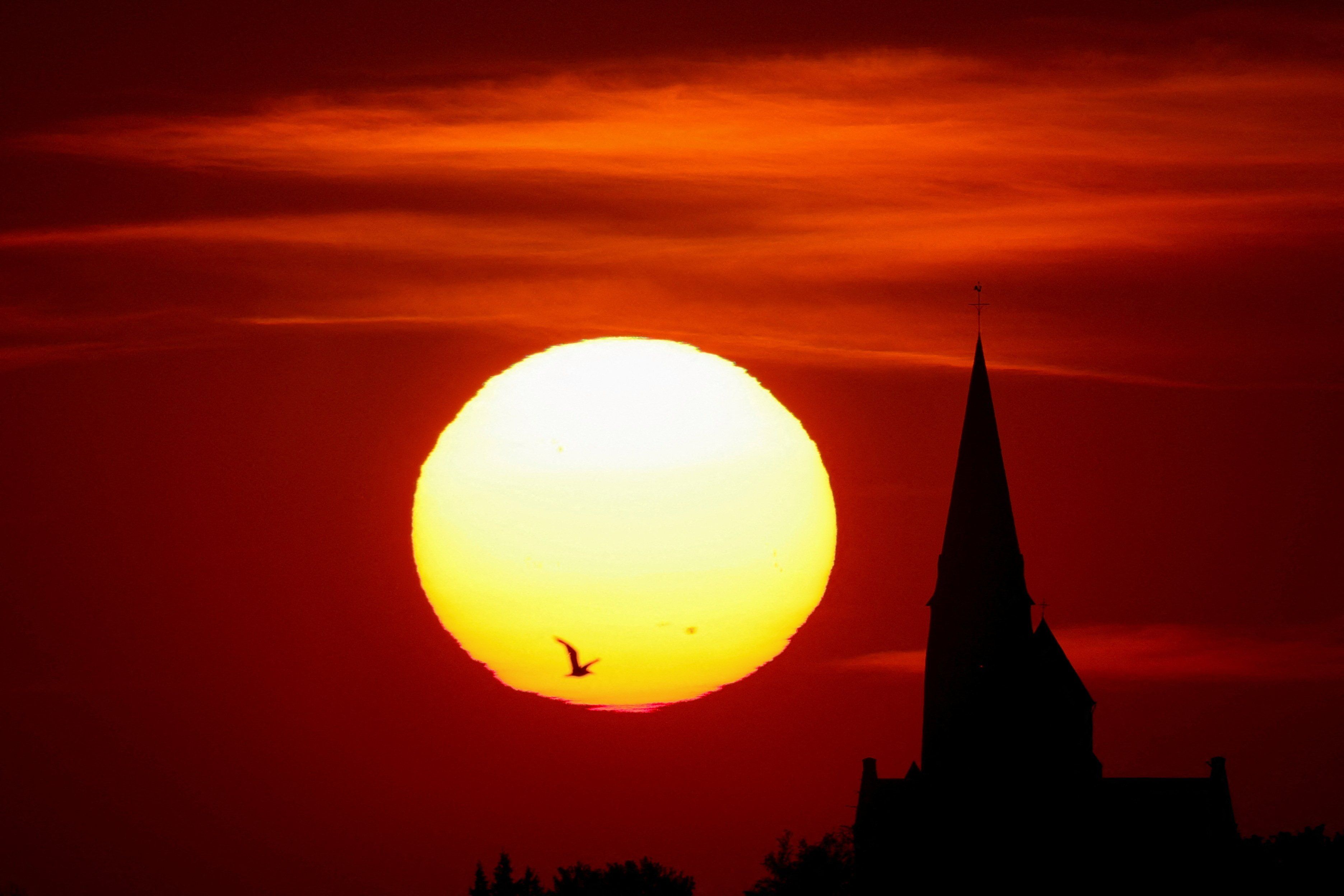World Weather Attribution, an organization of scientists working on climate-related issues, published a report Tuesday on the extreme heat that has plagued the northern hemisphere this summer. The report’s main takeaway: Extreme heat in North America, Europe, and China this year was made more likely thanks to climate change.
Greenhouse gas emissions and other man-made factors are not the only culprits, the report says. The naturally occurring El Niño weather pattern, which occurs when warm waters rise to the surface of the Pacific Ocean, pushing more heat into the air, has also played a role.
The report’s authors claim, however, that their computer models suggest climate change has made the heatwave in North America 2 C (3.6 F) hotter and the heatwave in China 1 C (1.8 F) hotter than if natural causes alone were to blame.
But lost in the debate over how much blame to assign human or natural causes is the fast-emerging reality that political leaders must start thinking more urgently about how best to invest in new technologies and new infrastructure that allow people and economies to adapt to a hotter planet with less predictable weather. In coming years, billions of dollars will be spent to change the way we live, work, and survive in a world of hotter temps and extreme weather events.
We’ve only just begun to consider the political, economic, social, and human implications of that.
